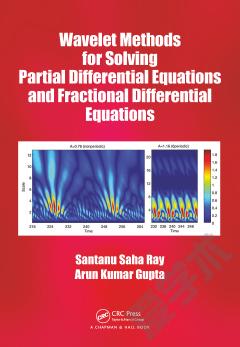Approximation Methods for Solutions of Differential and Integral Equations
Part 1 Introduction to approximation theory: Chebyshev theory of approximation of real functions - existence theorem Chebyshev theorem on the characterization of a polynomial of best uniform approximation uniqueness theorem lower estimate of the value of best approximation uniqueness Chebyshev polynomials Chebyshev polynomials of the second kind an efficient construction of polynomials least deviating from zero with polynomial weights the notion of snakes Chebyshev approximation of functions by rational polynomials linear methods of Fourier series summation and approximation of continuous functions - linear methods of Fourier series summation discrete polynomial linear operators Lagrange interpolation polynomials - fundamental Lagrange polynomials of a general form Lebesgue functions and constants periodic Lagrange polynomials constructed with equidistant nodes and corresponding algebraic Lagrange polynomials explicit formulas for Lebesgue constants in interpolation constructed with optimal nodes the representation of Lebesgue constants as sums of asymptotic series estimating the best approximation of analytic functions on a segment by polynomials - basic definitions Bernstein theorem estimates for the norms of trigonometric and algebraic polynomials by their values at a discrete system of points. Part 2 A simple approach to Fredholm integral equations of the second kind and application of linear methods for approximating their solutions. Part 3 Iteration method for approximately solving differential and integral equations. Part 4 Approximation method for solving ordinary linear differential equations. Part 5 Approximation of solutions of partial differential equations. Part 6 Theory of transcendental functions and their approximation. Part 7 Application of the a-method to the rational approximation and integral representation of functions. (Part contents)
{{comment.content}}








 京公网安备 11010802027623号
京公网安备 11010802027623号